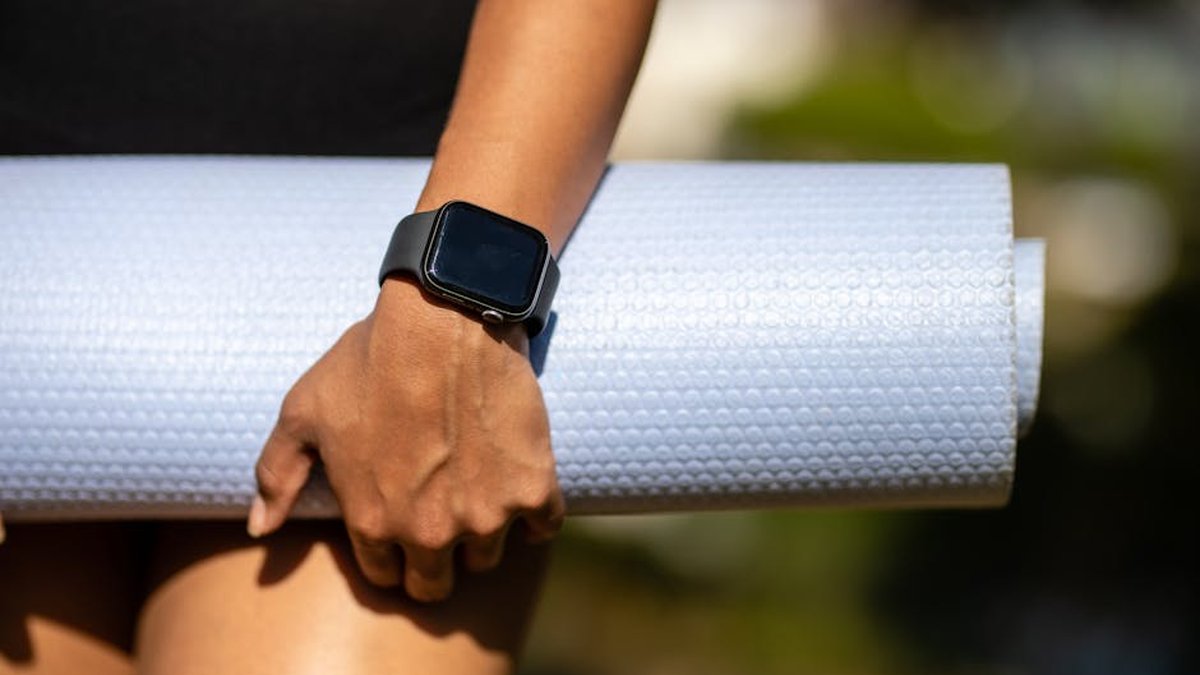The Future of Wearable Technology: Monitoring Your Health Metrics
Wearable technology has exploded in popularity, evolving from simple step counters to sophisticated devices capable of tracking a wide array of health metrics. These devices are no longer just for fitness enthusiasts; they’re becoming integral tools for proactive health management and personalized wellness. But what does the future hold for wearable technology and its ability to monitor our health?
The Current State of Wearable Health Monitoring
Today’s wearables offer a remarkable range of health tracking capabilities. From basic metrics like heart rate and sleep patterns to more advanced features like blood oxygen saturation and even electrocardiograms (ECGs), these devices provide valuable insights into our overall well-being.
- Fitness Trackers: Monitor steps, distance, calories burned, and activity levels.
- Smartwatches: Offer comprehensive health tracking, including heart rate, sleep analysis, and even fall detection.
- Smart Clothing: Embedded sensors track physiological data, such as muscle activity and body temperature.
- Continuous Glucose Monitors (CGMs): While often considered medical devices, CGMs are increasingly integrated with wearable platforms for real-time glucose monitoring.
The data collected by these devices can be synced with smartphones and other devices, providing users with a comprehensive view of their health trends. This information can be shared with healthcare providers, enabling more informed and personalized treatment plans.
Emerging Trends in Wearable Health Tech
The future of wearable technology is bright, with several exciting trends on the horizon. These advancements promise to further revolutionize how we monitor and manage our health.
Advanced Sensor Technology
Expect to see more sophisticated sensors capable of measuring an even wider range of biomarkers. This includes non-invasive blood glucose monitoring, continuous blood pressure monitoring, and even the detection of early signs of illness through subtle changes in vital signs.
Personalized Health Insights
Wearables are becoming increasingly adept at providing personalized health insights. By analyzing data over time and factoring in individual characteristics like age, gender, and medical history, these devices can offer tailored recommendations for improving health and well-being. For example, a smartwatch might suggest specific exercises based on your fitness level and goals.
Integration with Healthcare Systems
The integration of wearable data with electronic health records (EHRs) is poised to transform healthcare delivery. This seamless data flow will allow doctors to remotely monitor patients’ health, identify potential problems early on, and provide more proactive and personalized care. Imagine your doctor receiving alerts from your wearable if your heart rate becomes dangerously elevated.
Mental Health Monitoring
Wearable technology is also expanding into the realm of mental health. Devices are being developed to track stress levels, monitor sleep quality, and even detect early signs of depression and anxiety. These devices can provide valuable tools for managing mental well-being and seeking help when needed.
Practical Tips for Leveraging Wearable Health Tech
To make the most of wearable health technology, consider these practical tips:
- Choose the Right Device: Select a wearable that meets your specific needs and goals. Consider factors like battery life, features, and compatibility with your smartphone.
- Set Realistic Goals: Don’t try to change everything at once. Start with small, achievable goals and gradually increase the intensity as you progress.
- Track Your Data Regularly: Consistent tracking is essential for identifying trends and making informed decisions about your health.
- Share Data with Your Doctor: Discuss your wearable data with your healthcare provider to gain valuable insights and personalize your treatment plan.
- Be Mindful of Data Privacy: Review the privacy policies of your wearable device and understand how your data is being used.
The Future is Now
Wearable technology is rapidly evolving, offering unprecedented opportunities to monitor and manage our health. As sensor technology advances, data analysis becomes more sophisticated, and integration with healthcare systems deepens, wearables will play an increasingly vital role in promoting proactive health management, personalized wellness, and improved health outcomes. Embracing these advancements can empower you to take control of your health and live a healthier, happier life.





